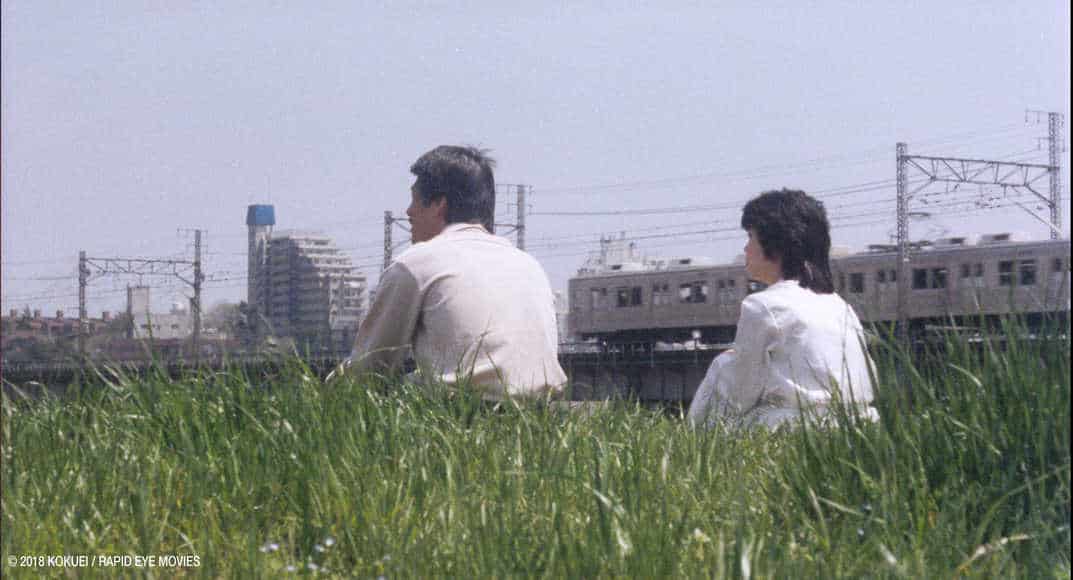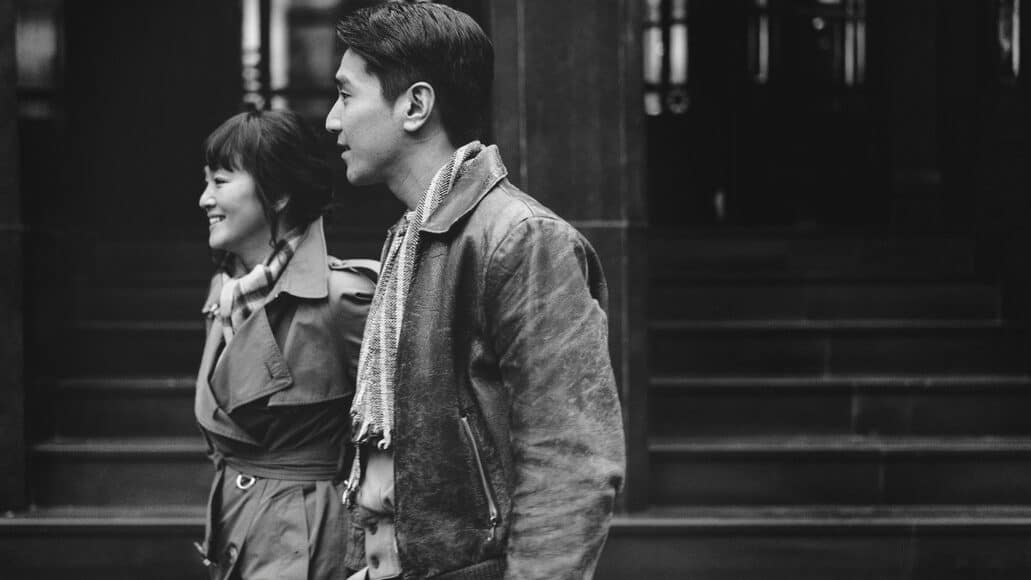When a film is an honest depiction of the real-life relation, it tends to be more reflective of the universally similar tendencies. ‘Warm House' is a similar case, a debut feature of its director Wei Dan, which won Special Jury Mention at the 2018 NEW ERA Film Festival (Beijing). Now being screened at the Mulan International Film Festival, it speaks about family connections based on own experiences. It's a largely admirable attempt of suffering in the shadow of other family members while trying to embrace own individualities.
“Warm House” is screening at the Mulan International Film Festival 2019

“Warm House” is a story primarily about two brothers- Cong Cong (LUO Tengteng) and the elder one, Long Long (WEI Zheng). The younger sibling who had earlier left for studies to Beijing comes back to his hometown. He comes to spend time with Long Long, who was suffering from bipolar disorder. Despite being a bright student in the early days, he couldn't make it for the higher education which constantly feels like a burden on his mind. Despite that, both the brothers try to reconcile with each other in order to reconnect after a while of meeting in person.
Cong Cong, who was taking lessons of Fine Arts back in the city, gets somewhat teased for not being able to earn for his family in the future. While trying to come over that, he needs to constantly be attentive to his brother whose behavior can be highly unpredictable. Their mother (FENG Fuzhen) wants Long Long to stay home for his betterment, instead of leaving him in a mental institution as the other relatives suggest. However, when she can't take enough of this emotional roller coaster, especially his tumultuous self-agonizing struggle to cope with others after the younger one's arrival, she resorts to every single option she finds. Apart from his medications, the family tries even the soul-calling to prayers in the hope of healing him. And in all of this, Cong Cong also remains a silent survivor whose biting gaze hits you in the core.
The cinematography of “Warm House” offers a particularly bleak atmosphere surrounding its subjects and is cold and often haunting in depicting the nightmare they were living in, despite the apparent warmth. The purposeful squarish framing helps in bringing out the psychological claustrophobia surrounding these characters. Even the way they are framed with the tight zoom-ins makes it a little too personal at times, with characters that don't want to invite us to understand them. They understand that it's the struggle that they have to come over on their own while silently surviving through it. But their bonding is the shimmer of light that keeps the boat afloat and the languid camerawork which often meanders around the subject or the situation actually makes it even more immersive.
The acting performances are consistent and well-suited for their respective roles. Often understated, the performances by Wei and Luo speak volumes through their silences and body language. Still, despite being able to translate his own pain on the screen, the director seems to have created a mere feeling surrounding these subjects. The depth required to illustrate the central conflict of the nauseating reality of each of these characters needed a bit more context. For the same reason, in the end, the film keeps you wanting to know more and deeper insight into these characters.
‘Warm House', as a result of all of this, is a hard-hitting drama and an effective debut. Perhaps a little more substance with the claustrophobic vacuum could have helped the film to reach another level.















